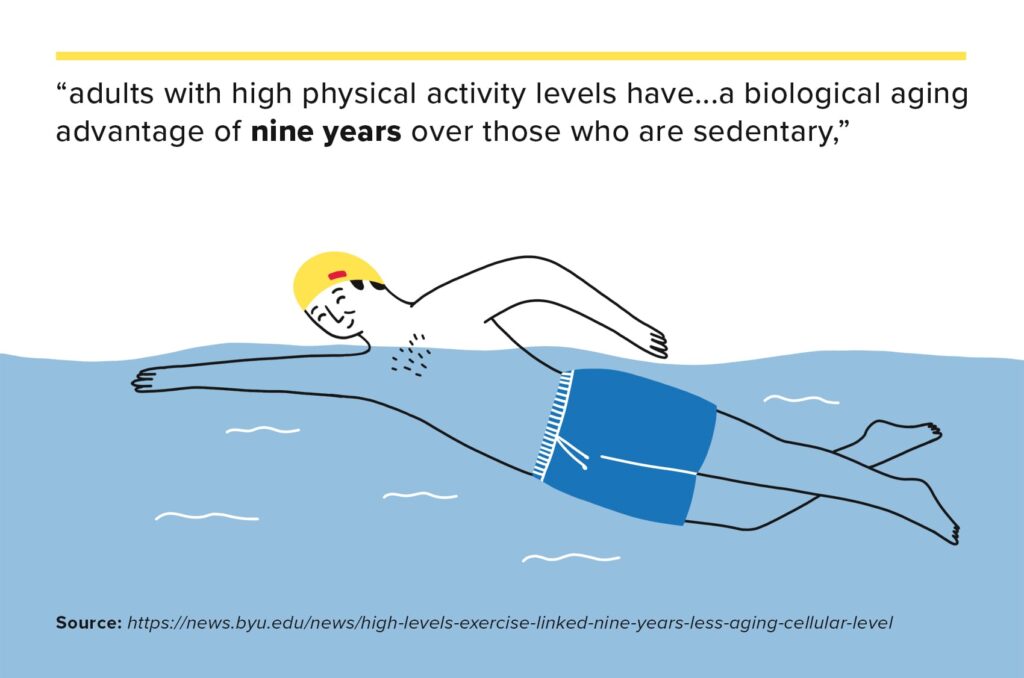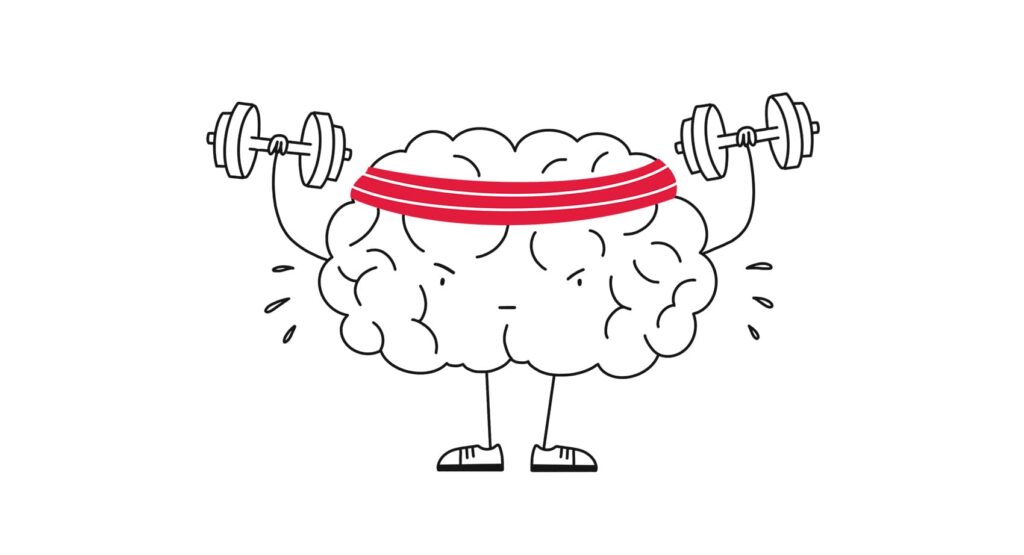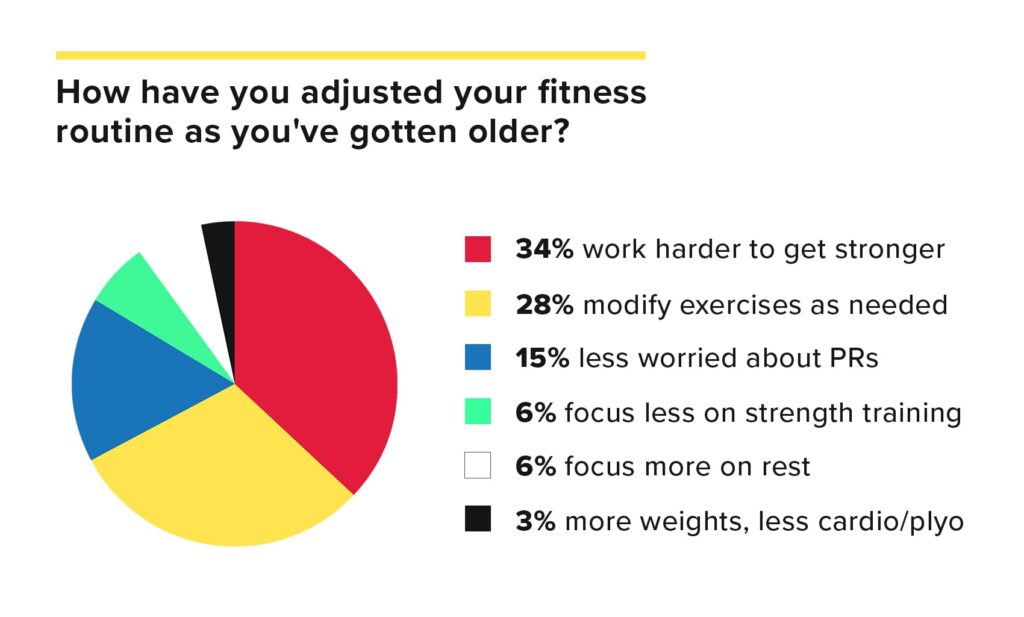
Financial management is a crucial skill that empowers individuals to take control of their financial well-being and pave the way for a prosperous future.
Whether you are just starting your financial journey or looking to enhance your current financial situation, these ten essential tips will guide you toward mastering your money.
By implementing these strategies, you can make informed financial decisions, build a solid foundation, and work towards achieving your long-term goals.
- Set clear financial goals
- Write down specific and realistic financial goals
- Break them into smaller milestones
- Create a timeline to track your progress
- Create and maintain a budget
- List your income sources
- Categorize your expenses: fixed and variable costs
- Allocate a portion of your income toward savings
- Prioritize essential expenses
- Limit discretionary spending
- Regularly review and adjust your budget
- Track your expenses
- Use mobile apps or spreadsheets to record expenditures
- Keep receipts and review them regularly
- Gain insights into your spending habits
- Identify areas where you can cut back
- Build an emergency fund
- Aim to save three to six months’ worth of living expenses
- Start small and contribute consistently
- Protect yourself from financial setbacks
- Reduce the need to rely on credit or loans
- Reduce and manage debt
- Prioritize high-interest debts
- Create a repayment plan
- Consider debt consolidation options
- Negotiate with creditors for better terms
- Limit new debt and practice responsible borrowing
- Regularly review your debt-to-income ratio
- Save and invest for the future
- Establish a savings plan
- Automate regular contributions
- Explore investment options based on your goals and risk tolerance
- Consider stocks, bonds, mutual funds, or real estate
- Work with a financial advisor for personalized guidance
- Understand and maximize your credit score
- Know the factors that impact your credit score
- Pay bills on time
- Keep credit card balances low
- Maintain a diverse credit mix
- Regularly monitor your credit report for errors
- Take steps to improve your score
- Review and optimize your insurance coverage
- Regularly review your health, life, home, and auto insurance
- Ensure adequate coverage to protect yourself and your assets
- Consider bundling policies or shopping around for better rates
- Maintain sufficient coverage while minimizing costs
- Plan for retirement
- Contribute to retirement accounts such as 401(k) plans or IRA
- Take advantage of employer-matching contributions
- Increase your contributions over time
- Regularly review and rebalance your retirement portfolio
- Seek professional financial advice
- Consider working with a financial advisor
- Gain personalized guidance and expertise
- Develop a comprehensive financial plan
- Get strategies for achieving your goals
- Choose a reputable advisor who acts in your best interest
Conclusion
Mastering your money requires discipline, planning, and continuous learning. By setting clear financial goals, creating and maintaining a budget, tracking expenses, building an emergency fund, managing debt, saving and investing wisely, optimizing your credit score and insurance coverage, planning for retirement, and seeking professional advice, you can confidently navigate your financial path. Empower yourself to make informed decisions, adapt to changes, and build a solid foundation for a prosperous future.
The post Master Your Money: 10 Essential Financial Management Tips for a Prosperous Future appeared first on Best Homecare Tips.
Source: CareTips




















Recent Comments